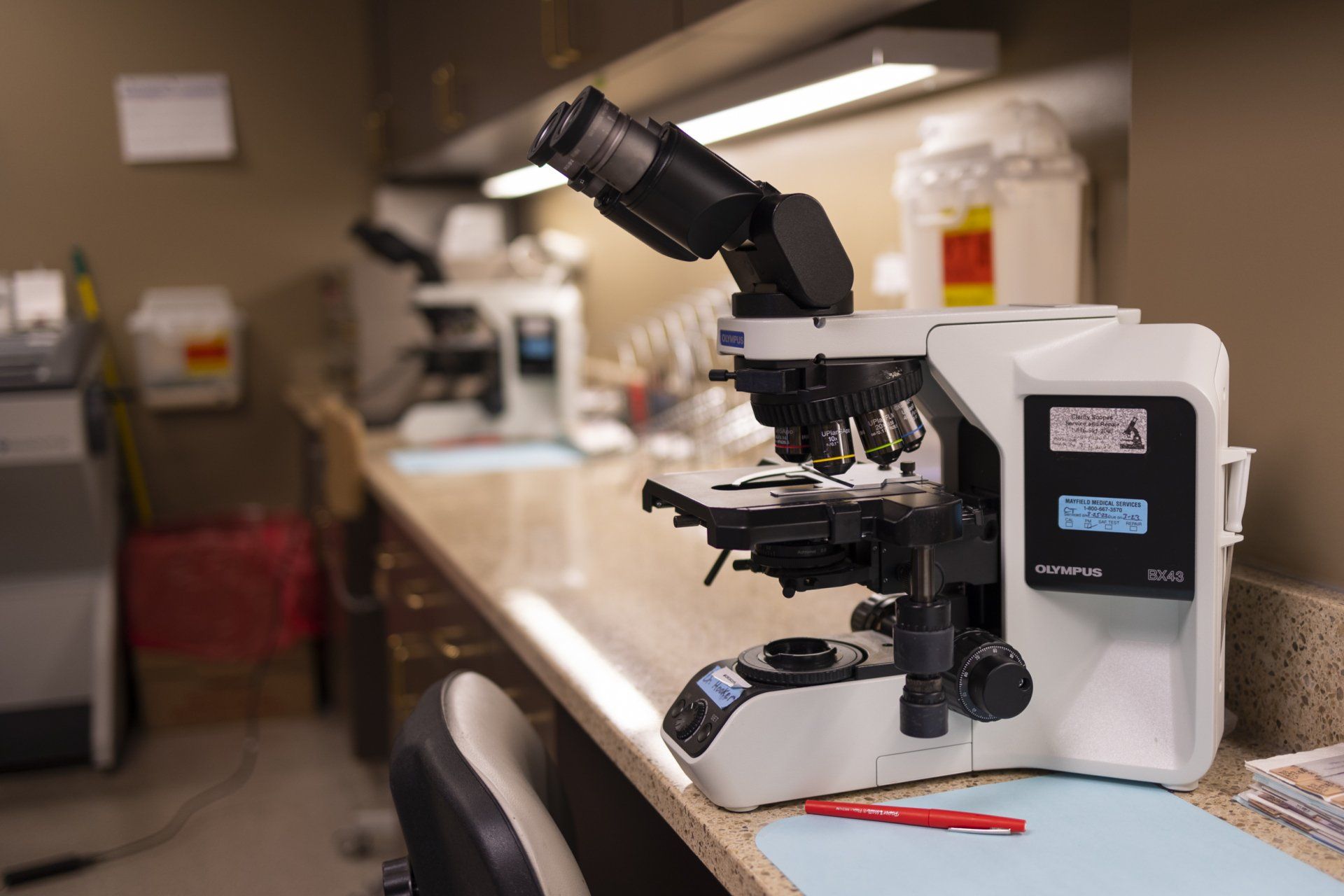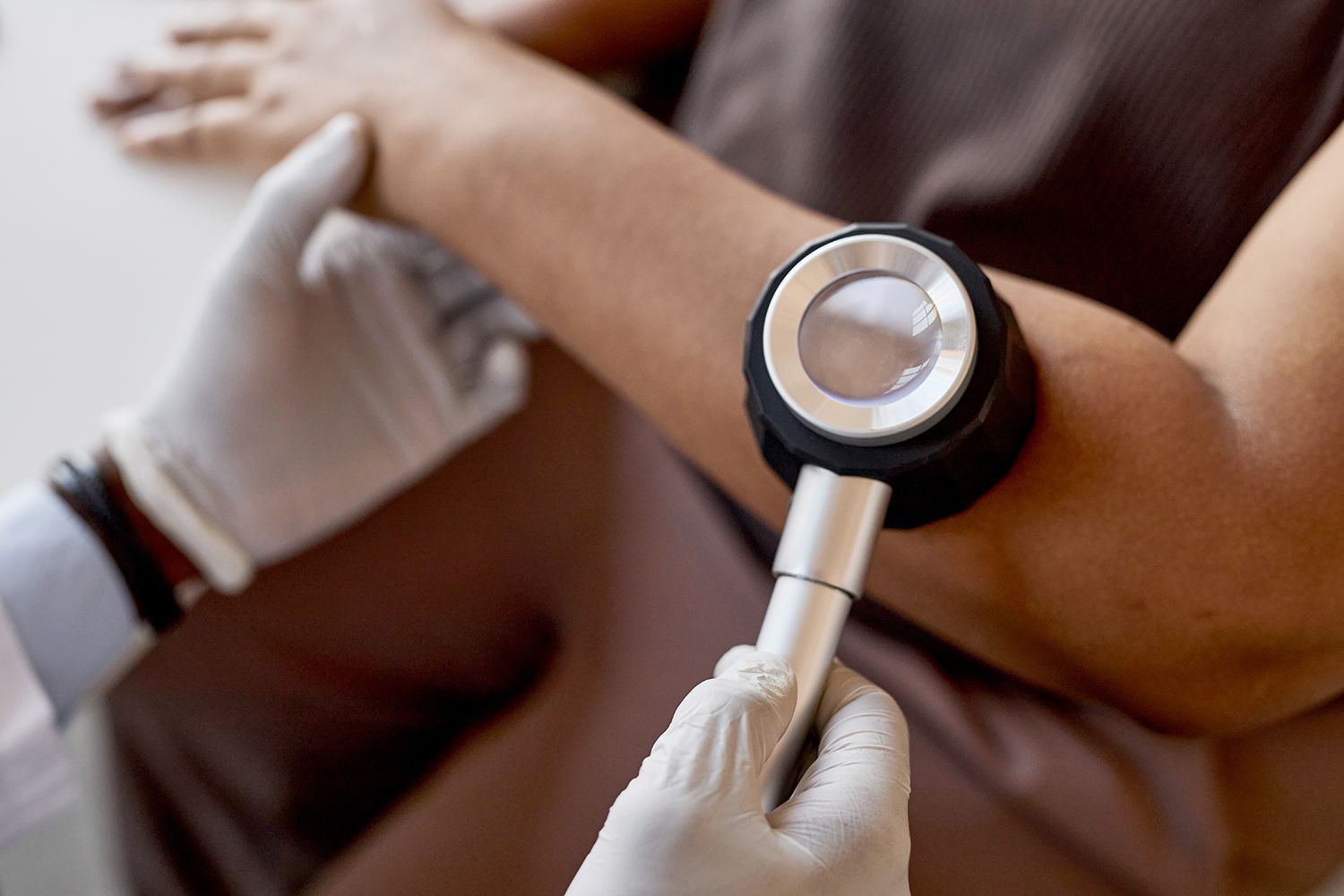Do I Have Skin Cancer? What You Need to Know
Know the signs. Know your next steps.
If you’re unsure about a spot, get it checked. Skin cancer is common, and when detected early, it’s highly treatable. At ADS, Thomas L. Hocker, MD—triple board‑certified, Harvard and Mayo‑trained, and among the top three worldwide by melanoma Mohs volume—provides precise diagnosis and Mohs micrographic surgery when appropriate, often with same‑day reconstruction in our certified ambulatory surgical center. Our exceptionally low infection rates support safe healing.
Common Types of Skin Cancer
● Basal Cell Carcinoma (BCC): often a
pearly bump, shiny pink growth, or
sore that doesn’t heal.
● Squamous Cell Carcinoma (SCC): may appear as a
rough, scaly patch, firm red bump, or
sore that bleeds or crusts.
● Melanoma: the most serious type; can arise in an existing mole or a new dark spot with
irregular borders, uneven color,
or
changes over time.
Less common types exist as well; your dermatologist can advise on specific findings.
Warning Signs to Watch For
Use the ABCDE rule for moles (Asymmetry, Border, Color, Diameter, Evolving) and look for non‑healing sores, scaly/rough patches, or bumps that bleed easily. Any rapidly changing spot deserves prompt evaluation.
Risk Factors
● Fair skin, light hair, or light eyes
- History of frequent or blistering sunburns
- Tanning bed use
- Family or personal history of skin cancer
- Weakened immune system
or certain medications
Organ transplant recipients on immunosuppressive therapy
What to Do If You’re Concerned
Schedule a skin exam
with a
board‑certified dermatologist.
Biopsy any suspicious lesion for a definitive diagnosis.
Discuss treatment options. For many BCC/SCC and select early melanomas in sensitive sites,
Mohs surgery offers the
most precise removal with
maximum tissue preservation.
At ADS, care is coordinated end‑to‑end—from exam to pathology to same‑day reconstruction when needed—so you can move forward quickly and confidently. Melanoma Priority Access: ≤30 days to treatment, ≤14 days if high‑risk (insurance dependent).
Bottom line: if you’ve wondered, “Do I have skin cancer?”, the safest answer is to be seen. Early detection changes everything. Schedule your skin exam with Dr. Hocker and take the first step toward lifelong skin health.






